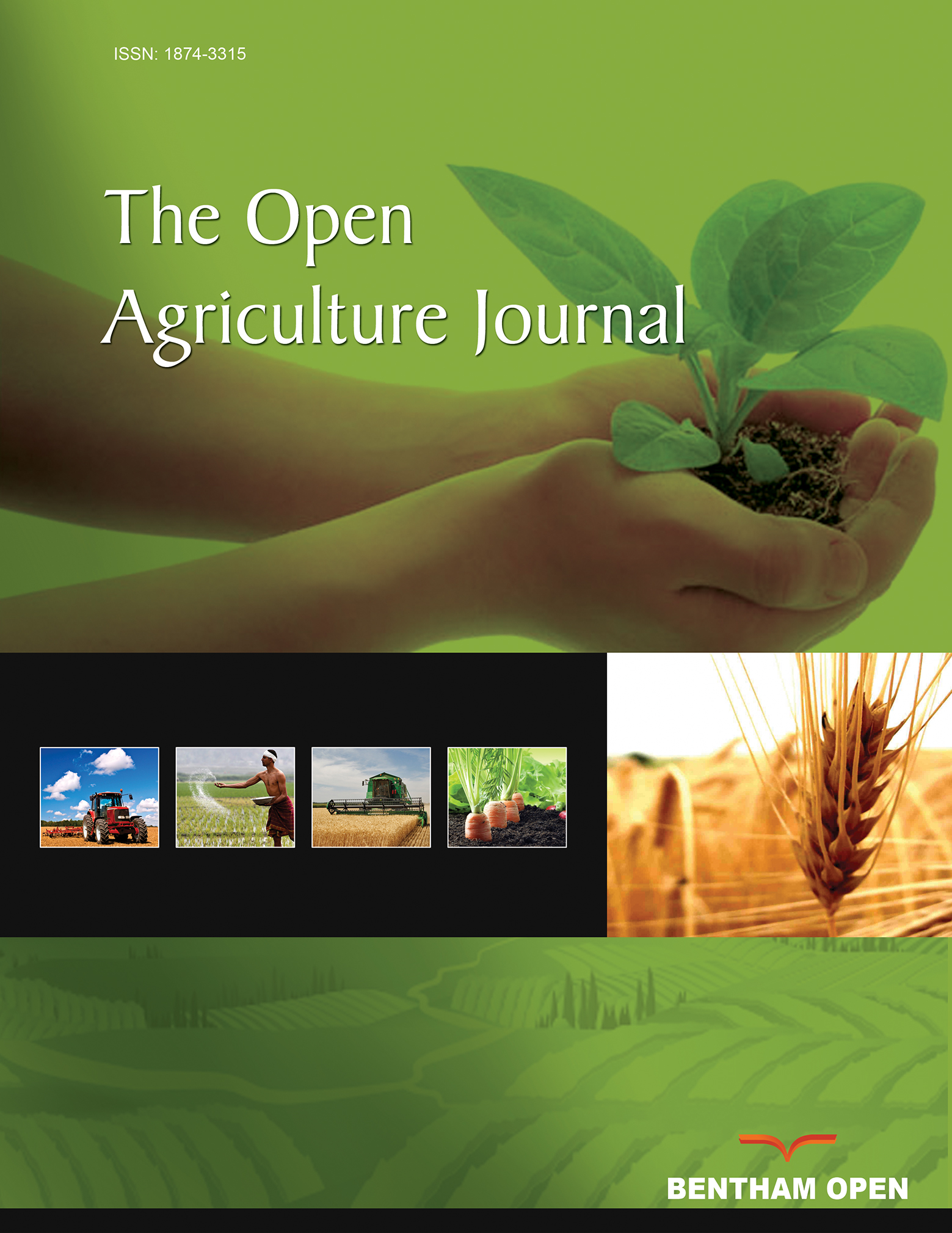All published articles of this journal are available on ScienceDirect.
Measuring the Economic Contribution of Agricultural Cooperatives to the National Economy: The Case of Greece
Abstract
Aims:
The purpose of this work is to determine the contribution of agricultural cooperatives to the Greek economy.
Background:
Agricultural cooperatives in Greece offered the maximum to agriculture, but their contribution to the overall economy of the country was not sufficiently studied. This work deals with the offer of the operation of agricultural cooperatives in key sectors of the economy.
Objective:
The object of this study is the agricultural cooperatives in Greece and the benefits to the Greek economy from their activity.
Methods:
The method of analysis used is that of the input-output method and the estimation of multipliers in specific sectors of the economy that were considered important.
Results:
The findings of this study show some interesting facts and reveal the financial contribution of agricultural cooperatives in several sectors of the economy. The sector that seems to have the most significant contribution is total production, which is essentially the country’s GDP growth. The contribution to employment growth is also very important in working income. Another interesting finding from the multiplier estimate for the action of agricultural cooperatives in Greece is not the total number of economic impacts directly related to the operation of agricultural cooperatives but the positive contribution of individual cooperatives to the national economy.
Conclusion:
Empirical analysis showed that only companies of secondary agricultural cooperatives and tertiary cooperatives were included to address mainly practical issues such as data availability. The final result indicated that cooperatives contribute to a satisfactory degree to the national economy.


